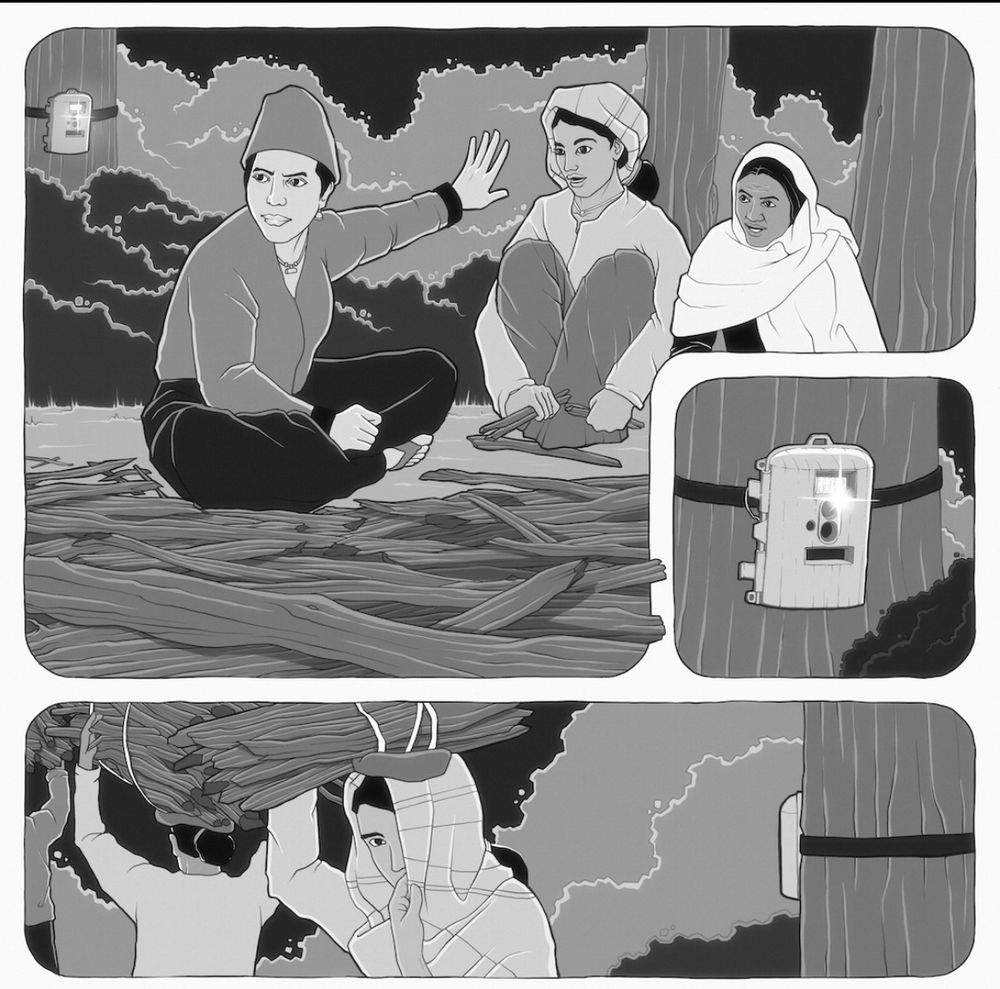Professor of Conservation & Society and Director of the MPhil in Conservation Leadership at the University of Cambridge
Reposted by George Holmes, Chris Sandbrook

@livwildlab.bsky.social @ethanddoney.bsky.social @vdonfrancesco.bsky.social @hannalp.bsky.social @csandbrook.bsky.social
Reposted by Rosaleen Duffy, Chris Sandbrook
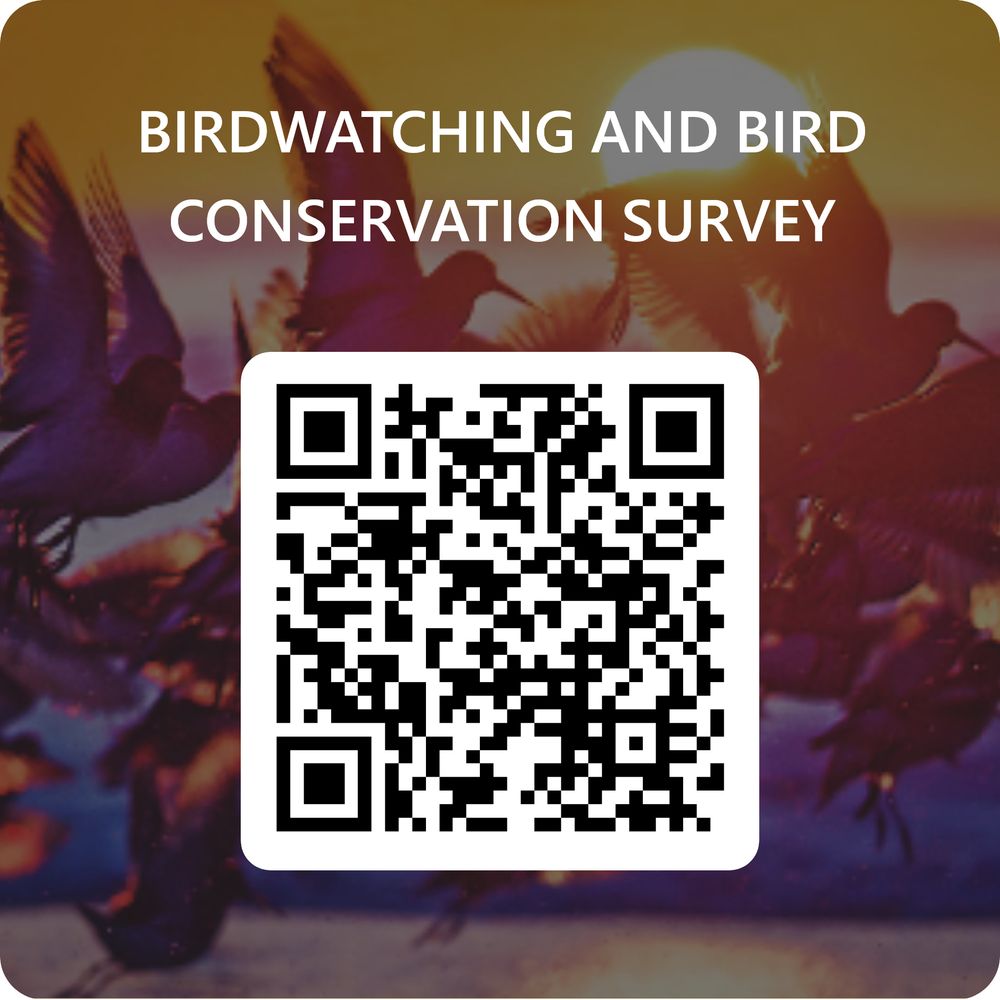
Take part in a study on #BIRDWATCHING & #BIRDCONSERVATION
Help understand birdwatchers & birdwatching better, use this opportunity for self-reflection about your own birdwatching experience
Link/QR forms.office.com/e/wTCy8ghY9U
pls share
@rspb.bsky.social @bou.org.uk
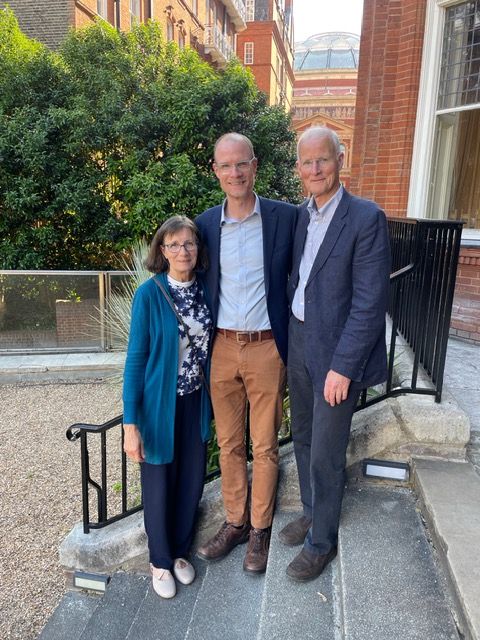
A particular thank you to my parents - Bud and Martin Sandbrook - who were there on the day. It was very special to share the moment with them.
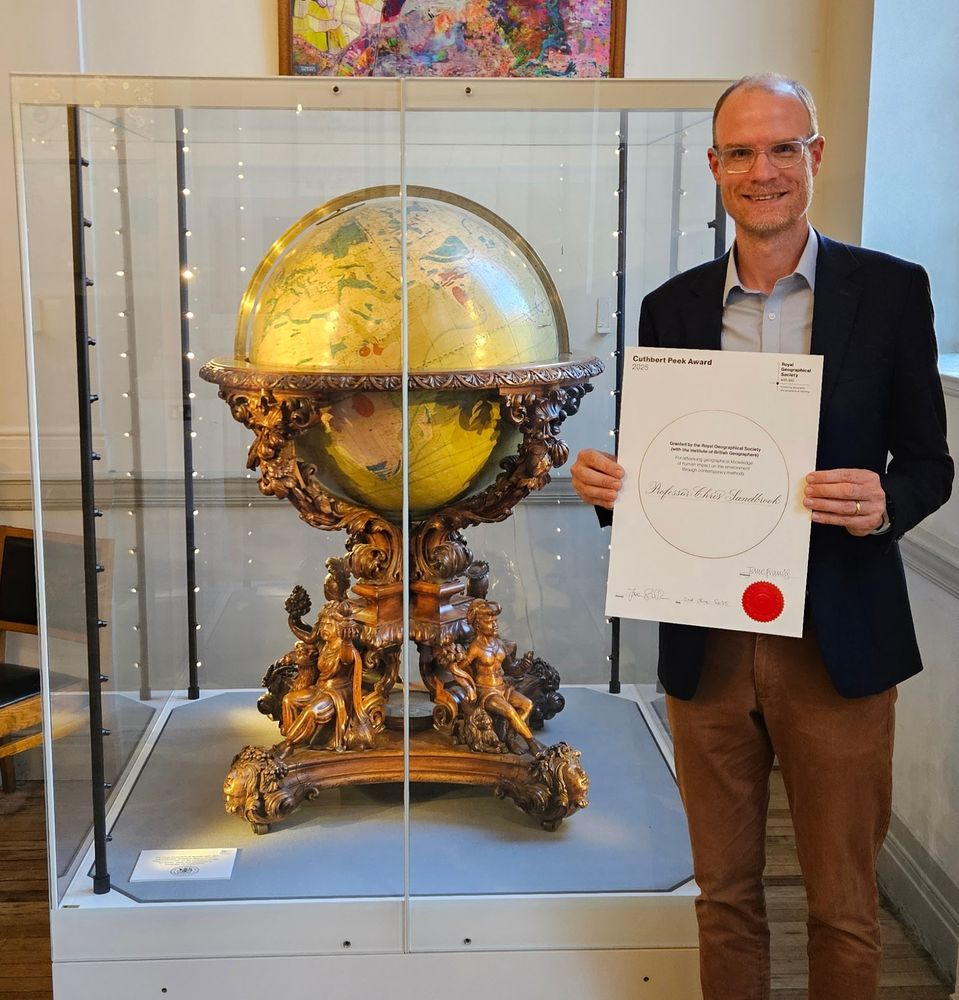
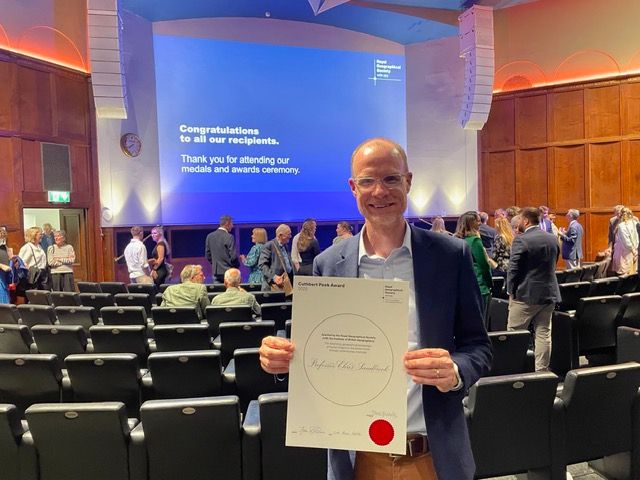
Reposted by Chris Sandbrook
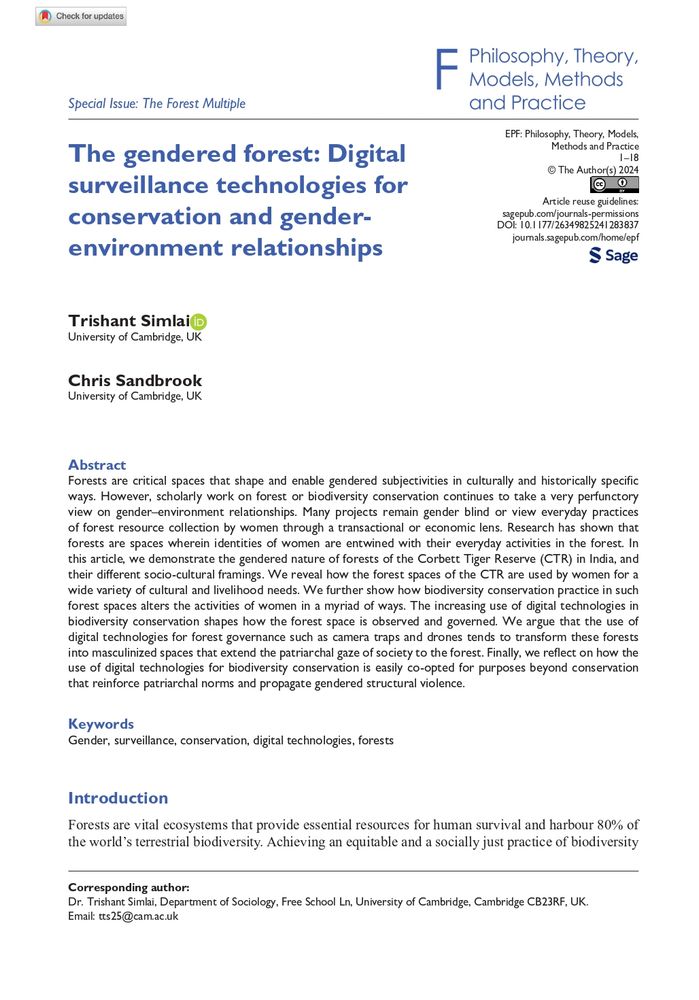
"And I believe
These are the days of lasers in the jungle
Lasers in the jungle somewhere
Staccato signals of constant information
A loose affiliation of millionaires
And billionaires"
Reposted by Chris Sandbrook
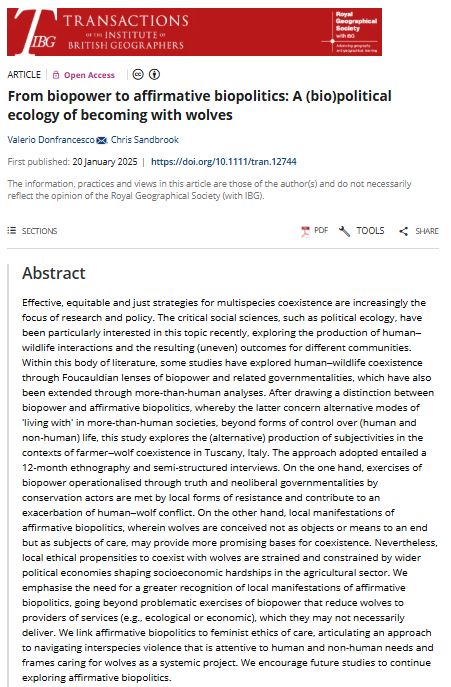
'From biopower to affirmative biopolitics: A (bio)political ecology of becoming with wolves' by @vdonfrancesco.bsky.social & @csandbrook.bsky.social
doi.org/10.1111/tran... #geo #geosky
Reposted by Chris Sandbrook
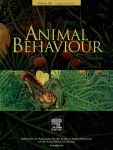
www.sciencedirect.com/science/arti...
Reposted by Chris Sandbrook
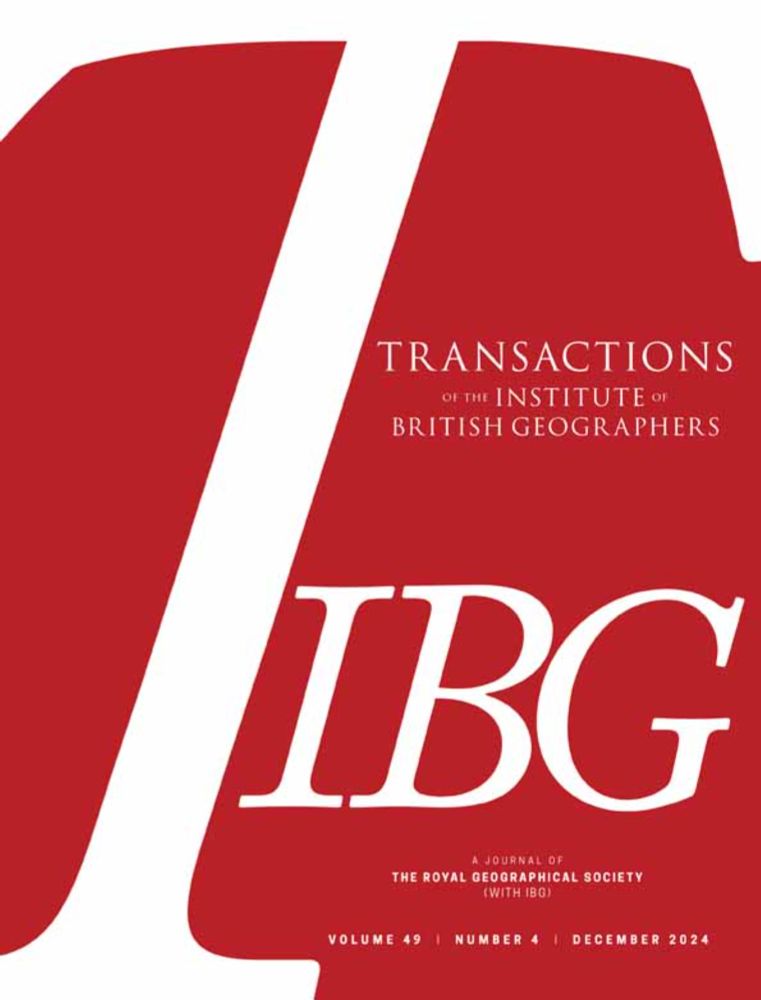
"From biopower to affirmative biopolitics: A (bio)political ecology of becoming with wolves"
rgs-ibg.onlinelibrary.wiley.com/doi/full/10....
A thread below
www.linkedin.com/pulse/who-le...
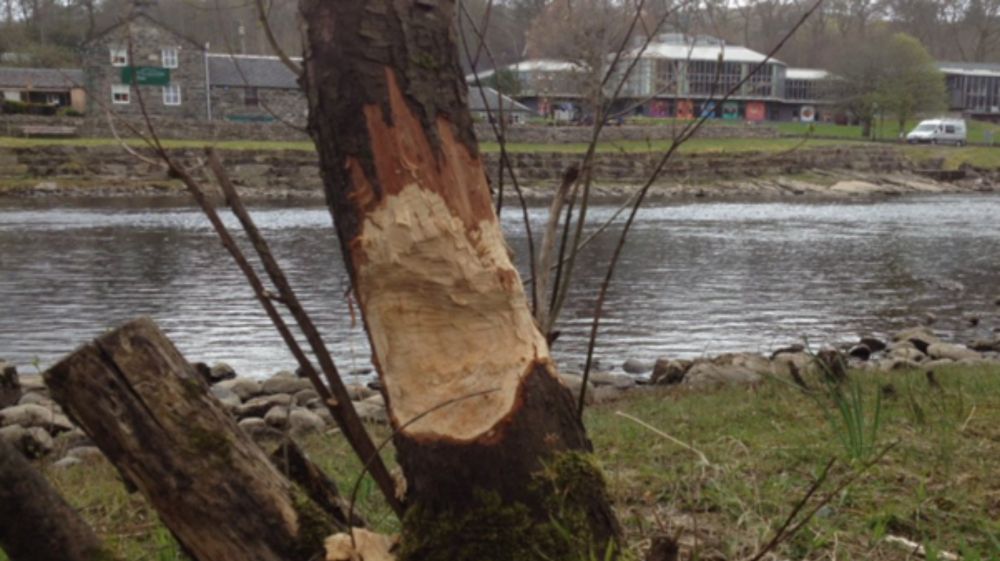
Reposted by Jamie Lorimer, Chris Sandbrook

www.linkedin.com/pulse/who-le...
Reposted by Chris Sandbrook
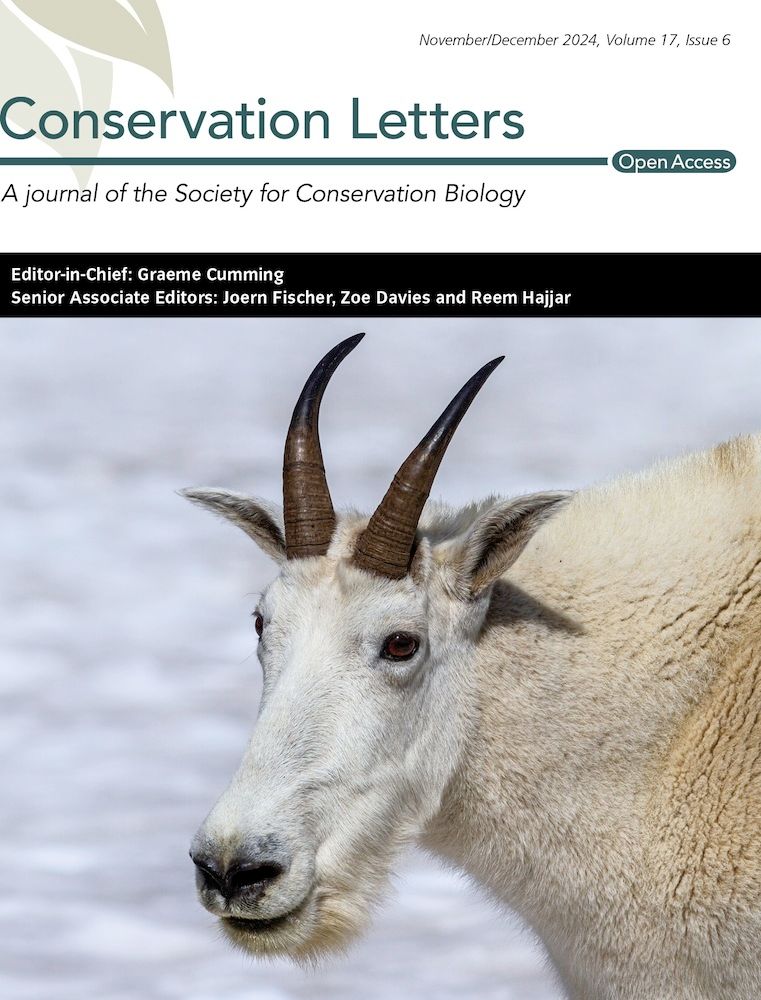
conbio.onlinelibrary.wiley.com/doi/10.1111/...
Reposted by Chris Sandbrook
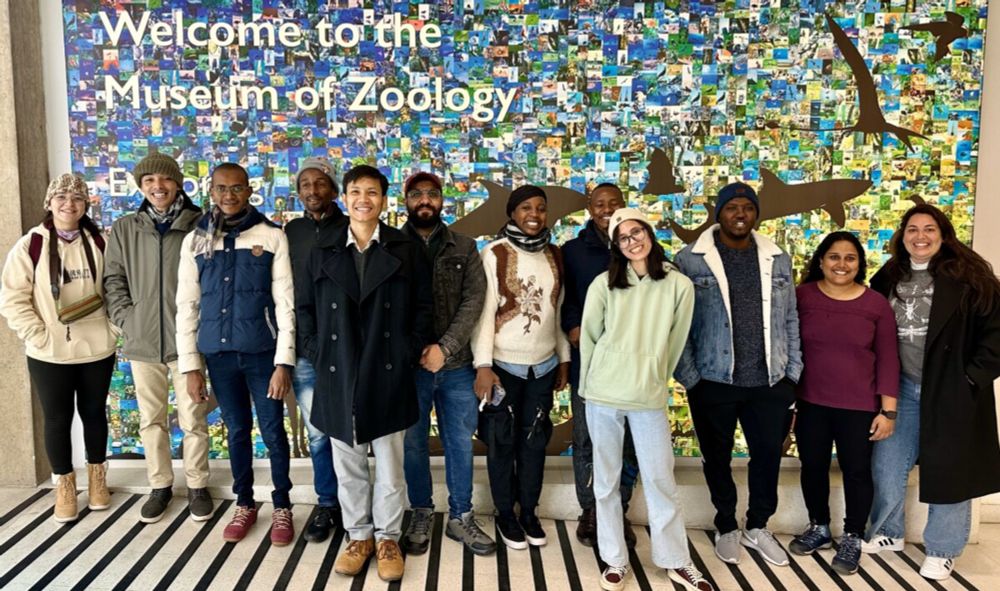
➡️ Please go to our website www.sccs-cam.org to find out more. SCCS is for early career researchers/conservationists.
✨ ⏰ The window will close on 10th January 2025 at 17:00hrs UK time
🍃 Eds: @jonnyjjt.bsky.social, @admsrl.bsky.social, Henry Anderson-Elliott & @evahaifa.bsky.social.
🎁 Get yours in time for Christmas!
manchesteruniversitypress.co.uk/9781526170347/ #DigitalEcologies
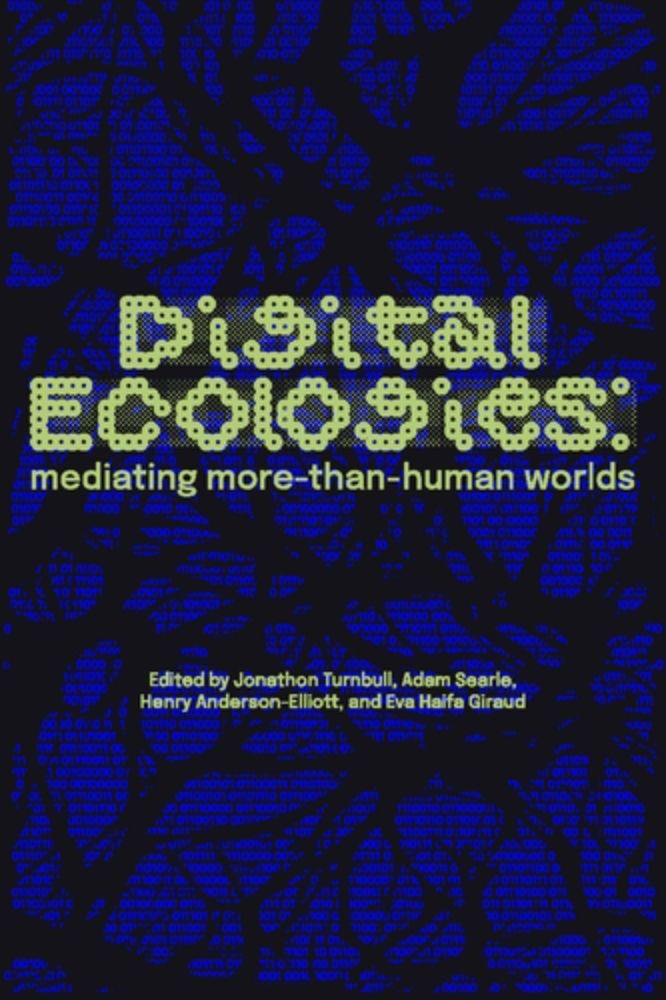
Reposted by Jutta Haider, Chris Sandbrook

🍃 Eds: @jonnyjjt.bsky.social, @admsrl.bsky.social, Henry Anderson-Elliott & @evahaifa.bsky.social.
🎁 Get yours in time for Christmas!
manchesteruniversitypress.co.uk/9781526170347/ #DigitalEcologies
